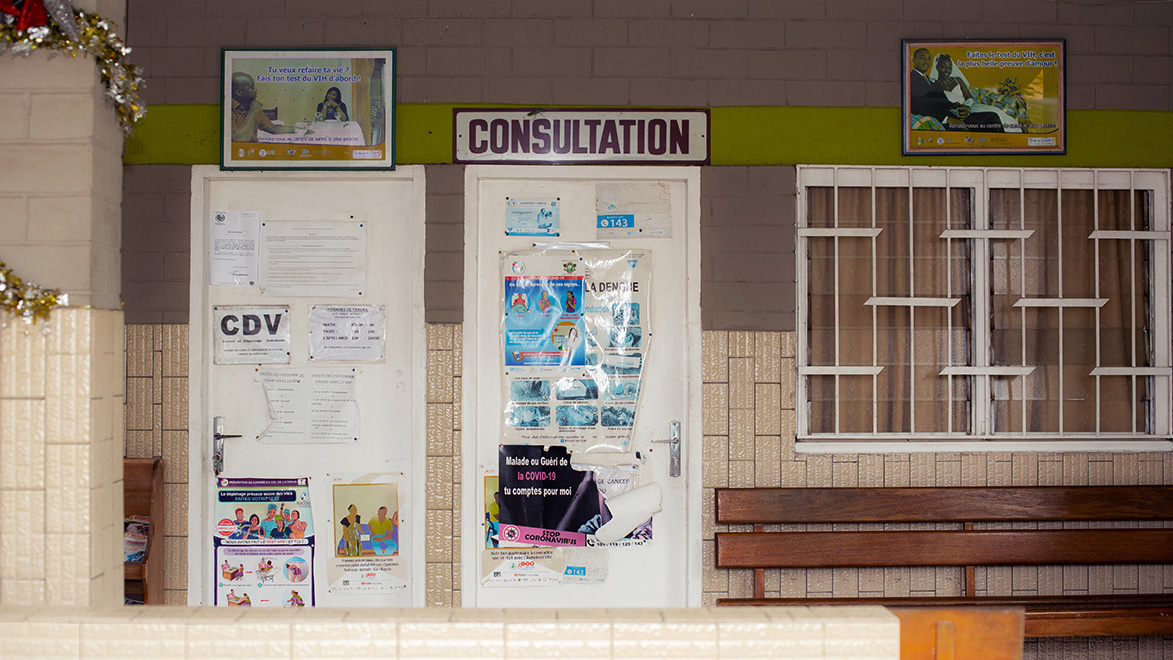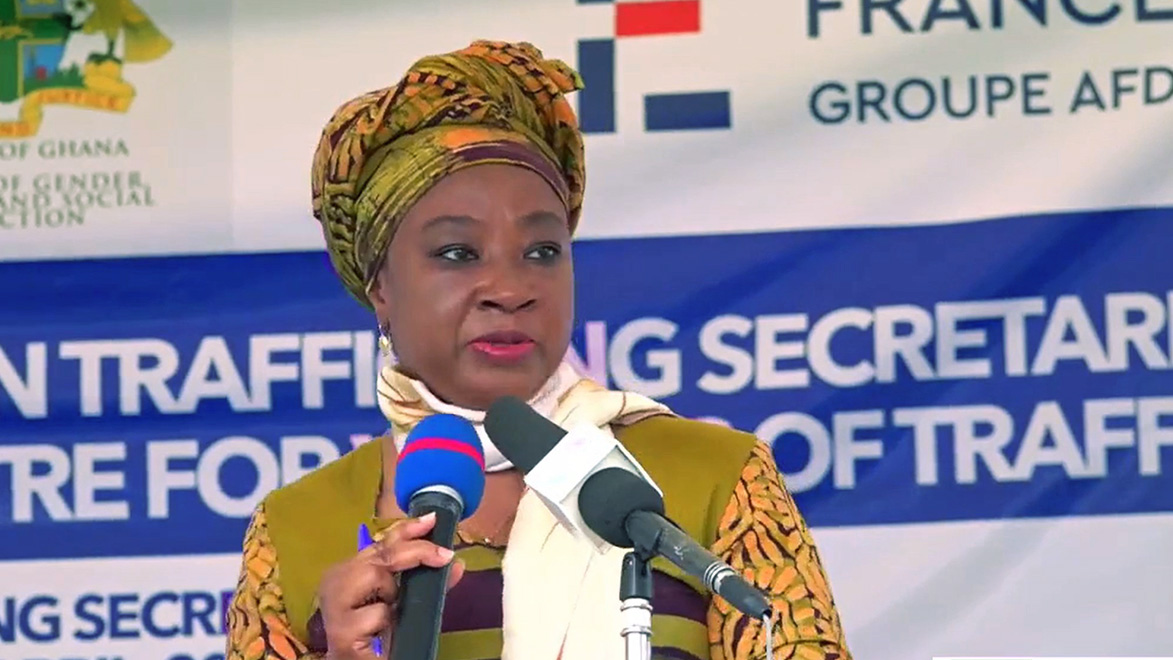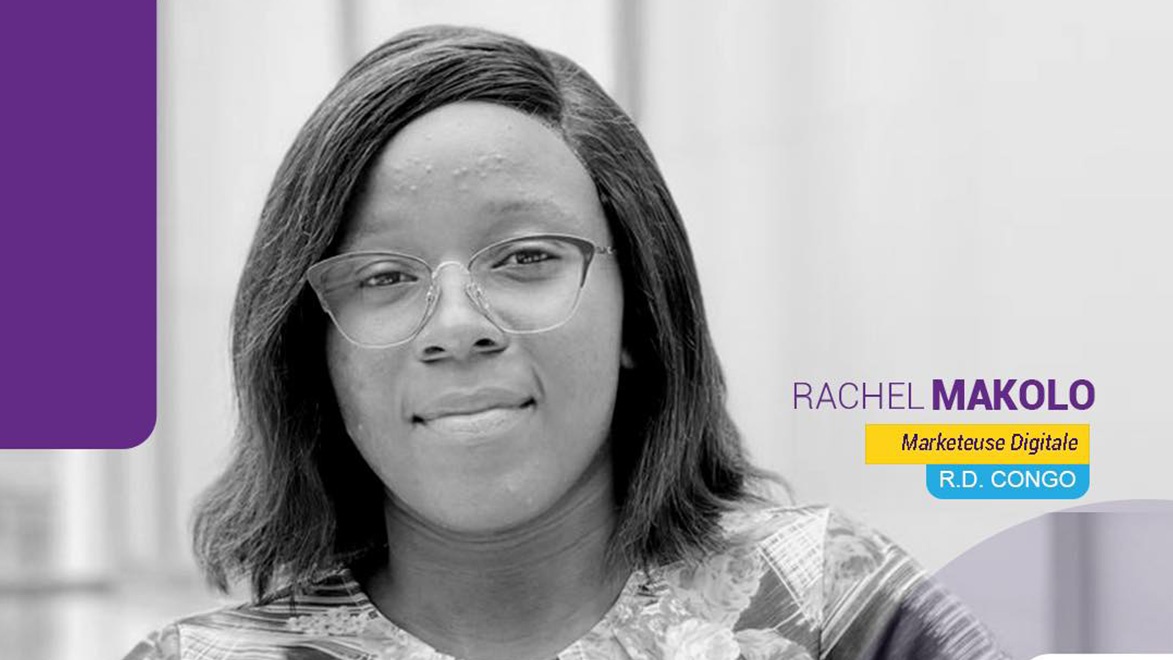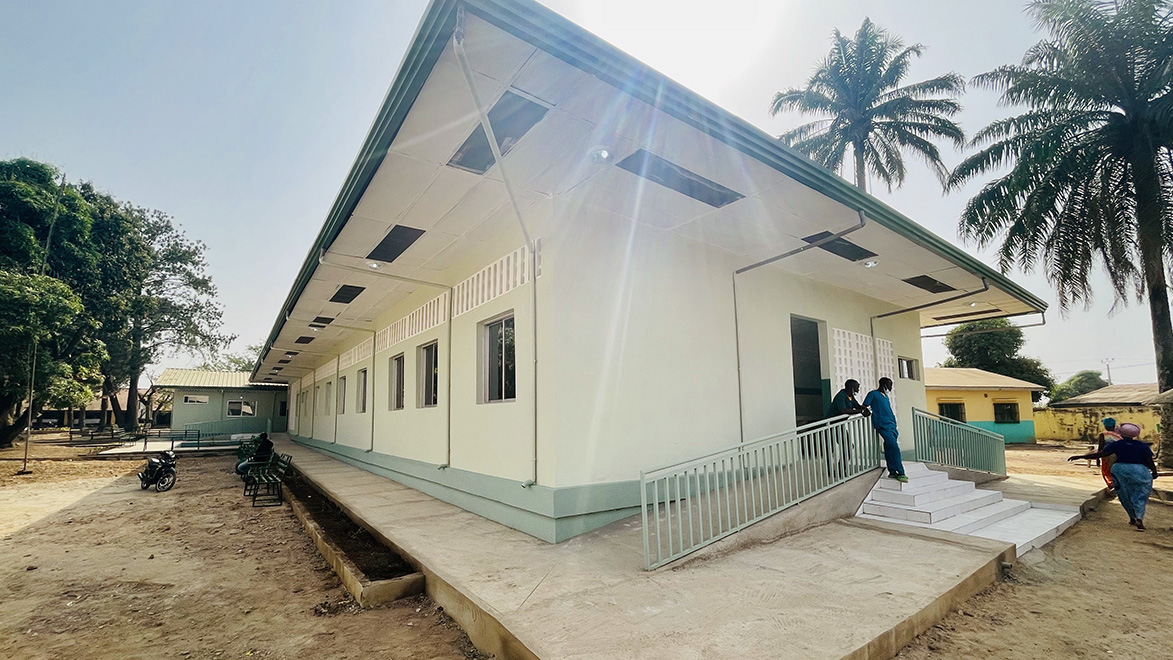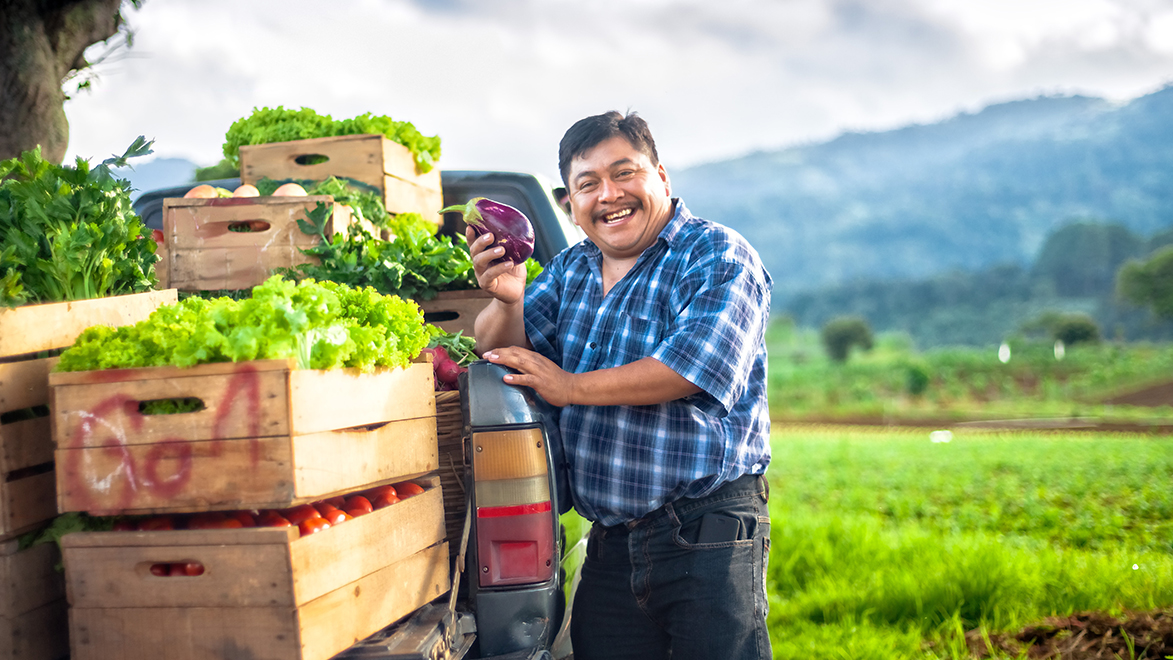SDG 1
Jordan: Improving Social Inclusion through CSOs
INTERVIEW Social protection is a vital asset in the fight against poverty. In Jordan, Expertise France has been supporting civil society organizations providing social services since 2018.
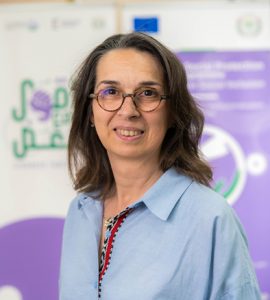
With MARIE KEIRLE,
Project Manager for the EU’s Support to Social Protection program in Jordan
How can CSOs be better mainstreamed into Jordan’s national social protection strategy?
The first issue is trust: This is the essential ingredient for the long-term building of partnerships between public authorities and civil society. Civil servants often point to a certain lack of rigorousness within the civil society, while the latter deplores the former’s excess bureaucracy and reductive vision of its role.
Furthermore, the legal framework regulating CSOs needs to be modernized. There is broad consensus on this point: It is necessary to not only simplify procedures but also consider the emergence of new stakeholders, including those operating in social and inclusive economy sectors. The reform process is a complex one for many reasons. It requires a common definition of CSOs beyond their strictly charitable dimension and a multisectoral approach to social inclusion.
In 2019, the implementation of a national social protection strategy signaled clear progress in this direction, but the role of CSOs is not yet fully mainstreamed. A lot remains to be done to overcome the administration’s natural tendency to work in isolation, include local stakeholders, and recognize everyone’s role, all with transparency and accountability. As the Arab proverb goes, “It takes two hands to clap.”
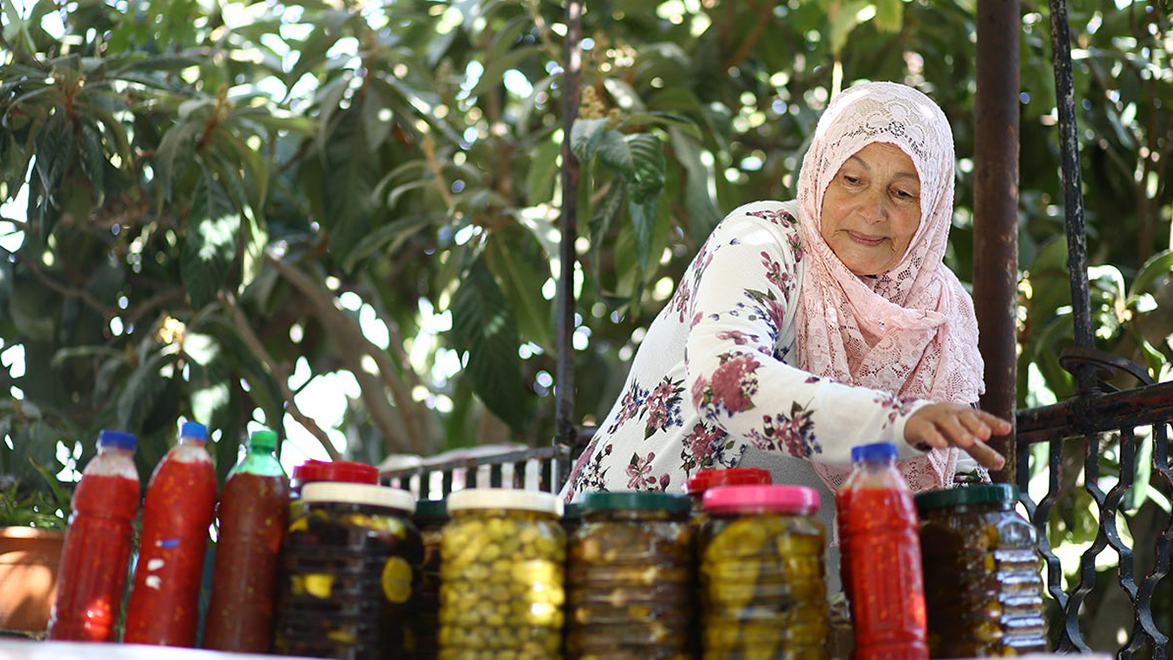
In Jordan, the project supporting civil society organizations helps give stakeholders in the field more visibility.
How does the EU Support to Social Protection program in Jordan help address these issues?
This funding program seeks to promote a participative approach and create conditions for a mutually beneficial partnership between public authorities and CSOs. The Jordanian Ministry of Social Development needs support in its steering role. To this end, strengthening the monitoring and evaluation capacities of its personnel is crucial. But CSOs must also be strengthened: The objective is for them to not only be recognized as essential partners for providing social services — e.g., in the context of the deinstitutionalization of people with disabilities — but also as stakeholders integral to the collective elaboration of public policies, which is a more challenging undertaking.
To foster more constructive dialogue, we have worked toward the adoption of a roadmap. Concretely, we help organize discussions and diffuse the resulting recommendations. We highlight CSOs’ participation and are helping the Ministry implement an information system dedicated to measuring its social impact.
The program also contributes to giving CSOs more visibility.
Indeed. With the support of public authorities, we also seek to give CSOs the possibility to make themselves known and to show what they are capable of — including small local organizations, which are often excluded from international funding. In our pilot territories, we strive to create favorable conditions for the emergence, identification, and dissemination of good practices in the area of social inclusion. Here again, it is about encouraging partnerships, peer learning, and growing from “what works.”
To mobilize youth and foster social entrepreneurship and commitment to nonprofits, we have also launched Social Innovation Challenges. Our message is everywhere the same: “We are stronger together.”
The objective is for CSOs to be recognized as essential partners for providing social services.
What do you think are the next steps needed to improve access to quality social services in Jordan?
Ideally, we should continue to build on the program currently in place. Implementing change always takes a long time, and trust is not something that can be mandated. As our Jordanian partners keep telling us, the situation won’t evolve without a change in mindset, without motivating and giving a sense of responsibility to all the stakeholders taking part in the future national social protection strategy. For that, it is important that the dialogue with CSOs results in effective action and that there be full recognition of not only the multisector, cross-ministry, and decentralized dimension of inclusion policies but also beneficiaries’ participation in them.
Interview conducted in May 2022
Achieving SDG 1
The No Poverty sustainable development goal especially aims to implement protection systems and measures for all, including basic social protection. Expertise France’s response consists in supporting partner countries in the development of efficient social systems. The agency relies on the recognized experience of the French social model.
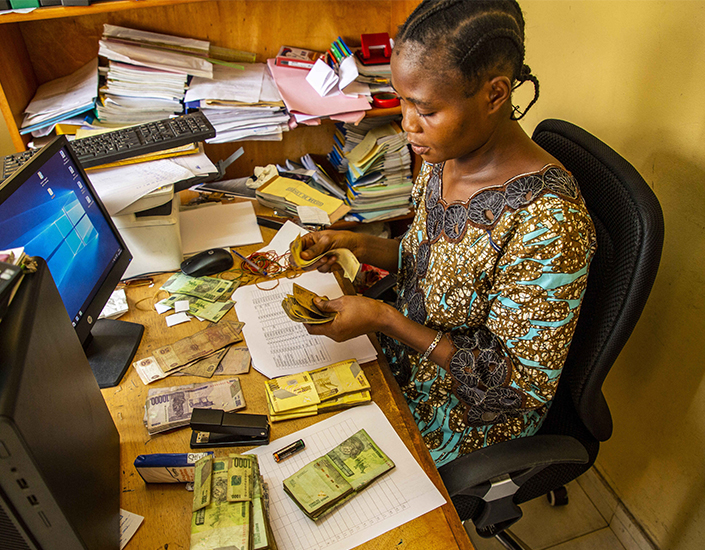
Further reading








